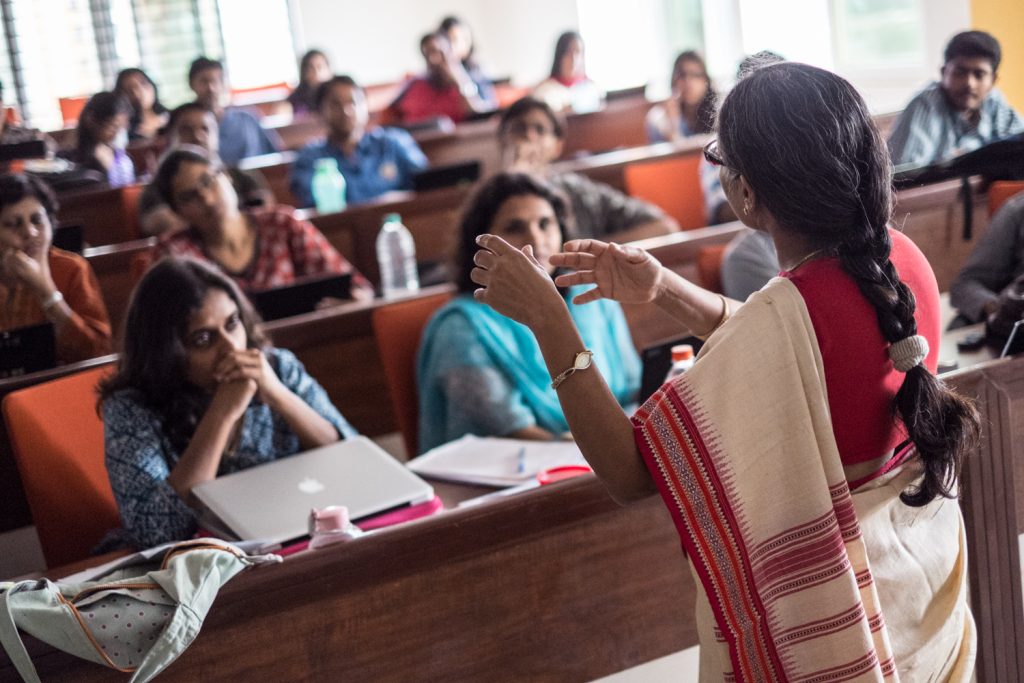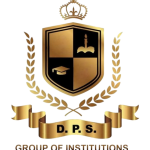About Course
DPS Group of Institutions offers integrated B.A. B.Ed. and B.Sc. B.Ed. programs, designed to combine undergraduate studies in Arts or Science with professional training in education. These integrated courses aim to develop well-rounded educators with a strong foundation in both subject knowledge and teaching methodologies.
Programs Offered
- B.A. B.Ed. (Bachelor of Arts and Bachelor of Education) – 4 Years
- B.Sc. B.Ed. (Bachelor of Science and Bachelor of Education) – 4 Years
Course Structure and Duration
- Duration: Both the B.A. B.Ed. and B.Sc. B.Ed. programs are 4-year full-time courses, divided into eight semesters.
- Curriculum:
- Subject-Specific Knowledge:
- B.A. B.Ed.: Combines arts subjects like History, Geography, Political Science, Sociology, and English with education courses.
- B.Sc. B.Ed.: Combines science subjects like Mathematics, Physics, Chemistry, Botany, and Zoology with education courses.
- Professional Education Courses:
- Educational Psychology
- Pedagogy of School Subjects
- Educational Technology
- Curriculum and Instruction
- Classroom Management
- Assessment and Evaluation
- Teaching Practice:
- Microteaching sessions
- School internships
- Lesson planning and delivery
- Classroom observation
- Electives: Students can choose electives in both their subject area and educational practices to tailor their education to their interests.
- Research Project: In the final year, students undertake a research project in education, providing an opportunity to explore specific areas of interest in teaching.
- Subject-Specific Knowledge:
Admission Criteria
- Eligibility: Candidates must have completed their 10+2 education with a minimum percentage as specified by the institution. For B.Sc. B.Ed., students should have a background in Science (Physics, Chemistry, Mathematics/Biology). For B.A. B.Ed., students should have a background in Arts or Humanities.
- Entrance Exam: Admission may be based on merit or an entrance examination, followed by a counseling process.
Faculty and Learning Approach
- Experienced Faculty: The program is taught by a team of qualified educators and subject experts who provide a balanced approach to both academic and professional education.
- Interactive Teaching Methods: The course emphasizes interactive and student-centered teaching methods, including group discussions, seminars, workshops, and project-based learning.
Facilities and Resources
- Well-Equipped Classrooms: Classrooms are equipped with modern teaching aids to enhance learning experiences.
- Library Resources: The institution offers a rich collection of educational literature, including textbooks, reference materials, and online resources.
- Teaching Labs: Dedicated labs for subjects like science and geography, where students can conduct experiments and engage in practical learning.
Teaching Practice and Internship
- School Internships: The program includes multiple phases of teaching practice in affiliated schools. Students get hands-on experience in real classrooms, where they apply pedagogical theories and methods learned during the course.
- Mentorship: During their internships, students are guided by experienced mentors who provide feedback and support for their professional development.
Career Opportunities
Graduates of the B.A. B.Ed. and B.Sc. B.Ed. programs are qualified to pursue careers in education, including:
- School Teachers: Graduates can work as teachers in primary, middle, and secondary schools in their chosen subjects.
- Educational Administrators: With additional qualifications and experience, graduates can move into roles like school principal, administrator, or education officer.
- Curriculum Developers: Graduates can work on developing educational content and curricula for schools, educational publishers, or e-learning platforms.
- Educational Consultants: Offering advice and expertise to schools, educational institutions, or non-governmental organizations (NGOs) on matters of teaching and learning.
Higher Education and Specialization
- M.Ed. (Master of Education): Graduates can pursue a Master of Education (M.Ed.) to specialize further in areas like curriculum development, educational leadership, or special education.
- Subject-Specific Master’s Degrees: Graduates may also choose to further their studies in the specific subject they taught during their B.A. or B.Sc. program.
- Educational Research: Those interested in contributing to the field of education through research can pursue doctoral studies (Ph.D.) in education or a related field.
The integrated B.A. B.Ed. and B.Sc. B.Ed. programs at DPS Group of Institutions are ideal for students who are passionate about teaching and want to combine their undergraduate education with professional teacher training. These programs provide a comprehensive education that prepares graduates to enter the teaching profession with confidence and a deep understanding of both their subject area and effective educational practices. The practical teaching experience and strong emphasis on pedagogical skills ensure that graduates are well-prepared to meet the challenges of modern classrooms and contribute positively to the education sector.



